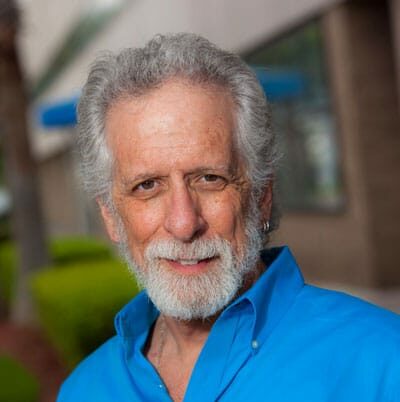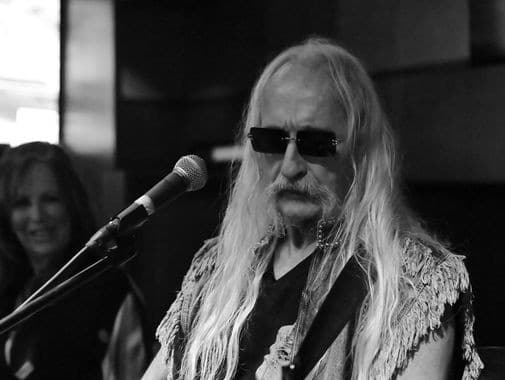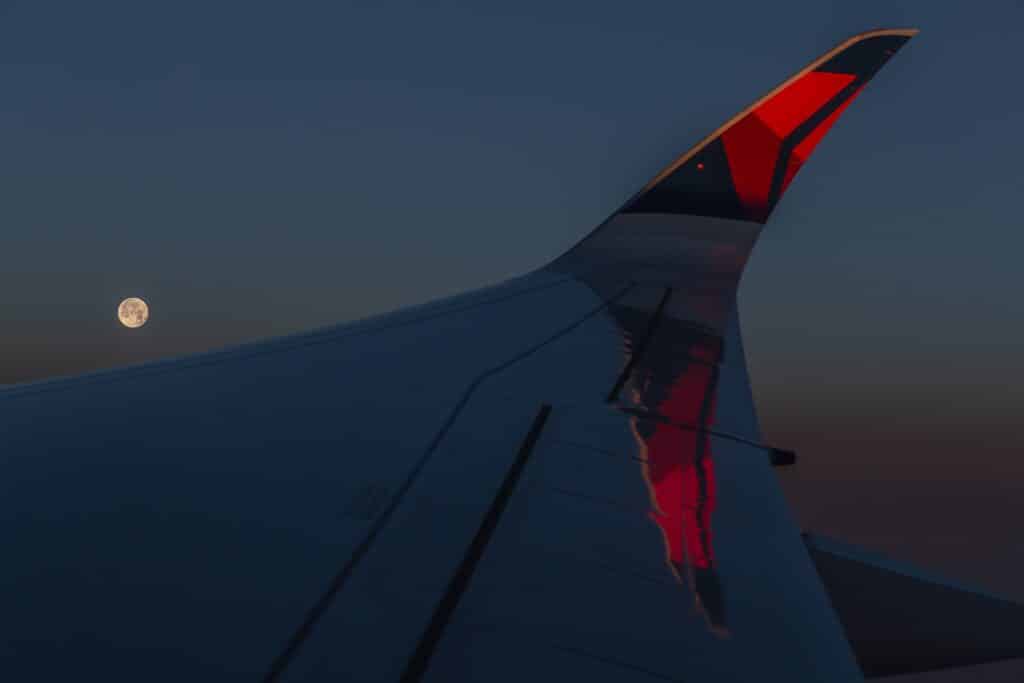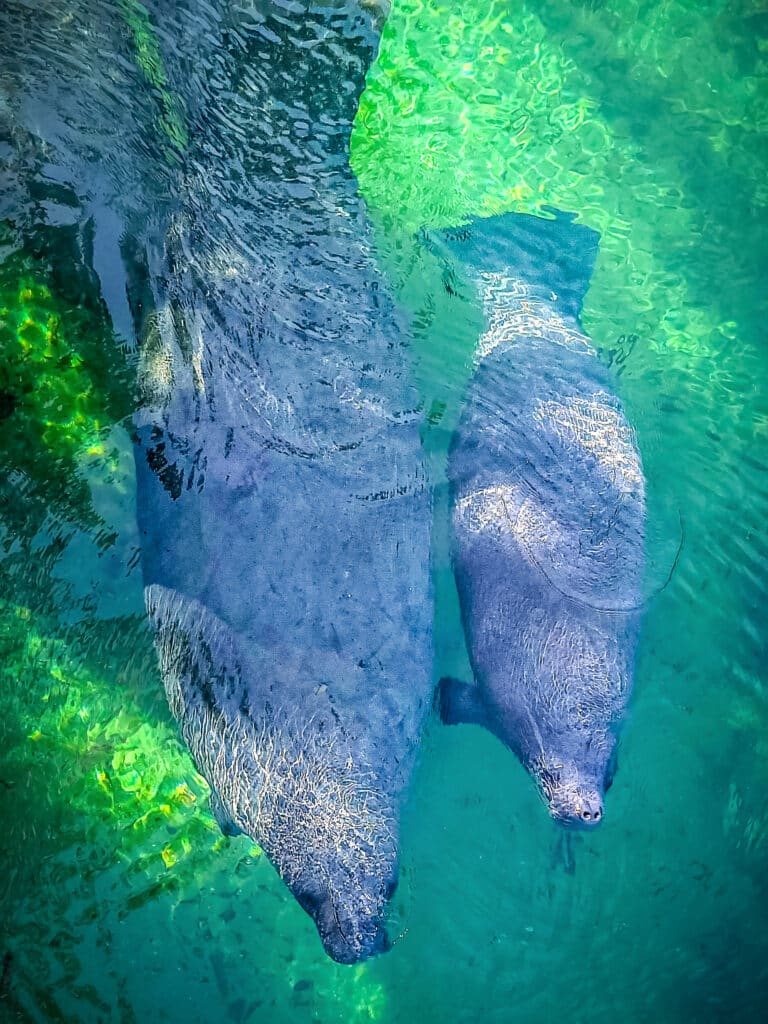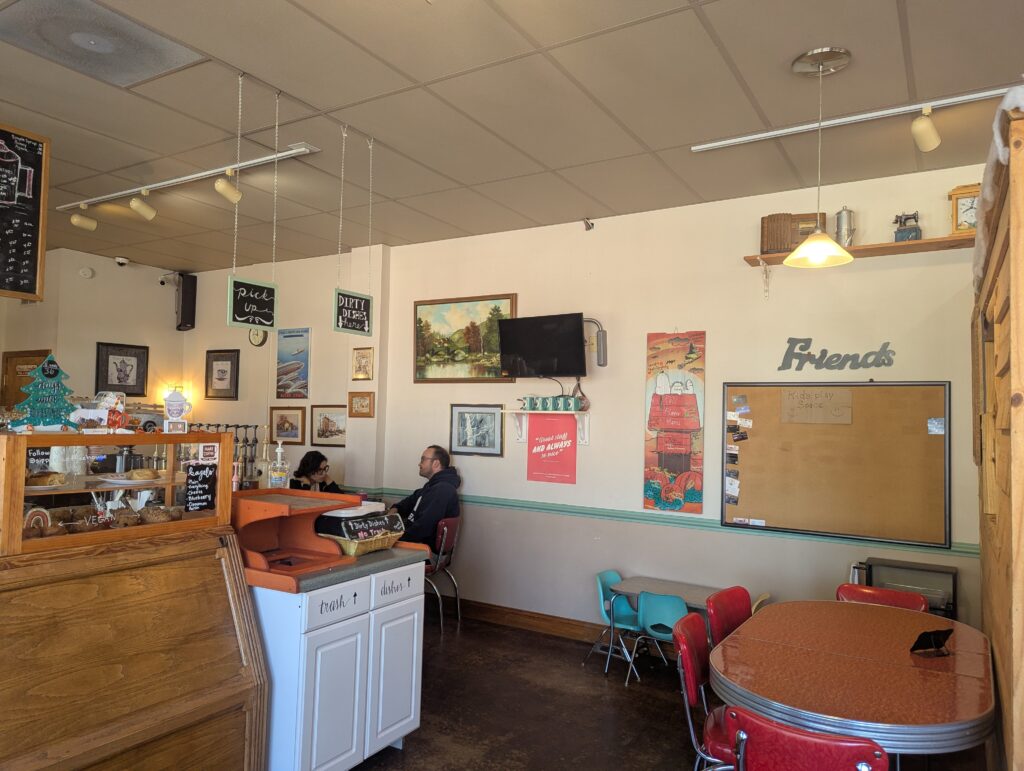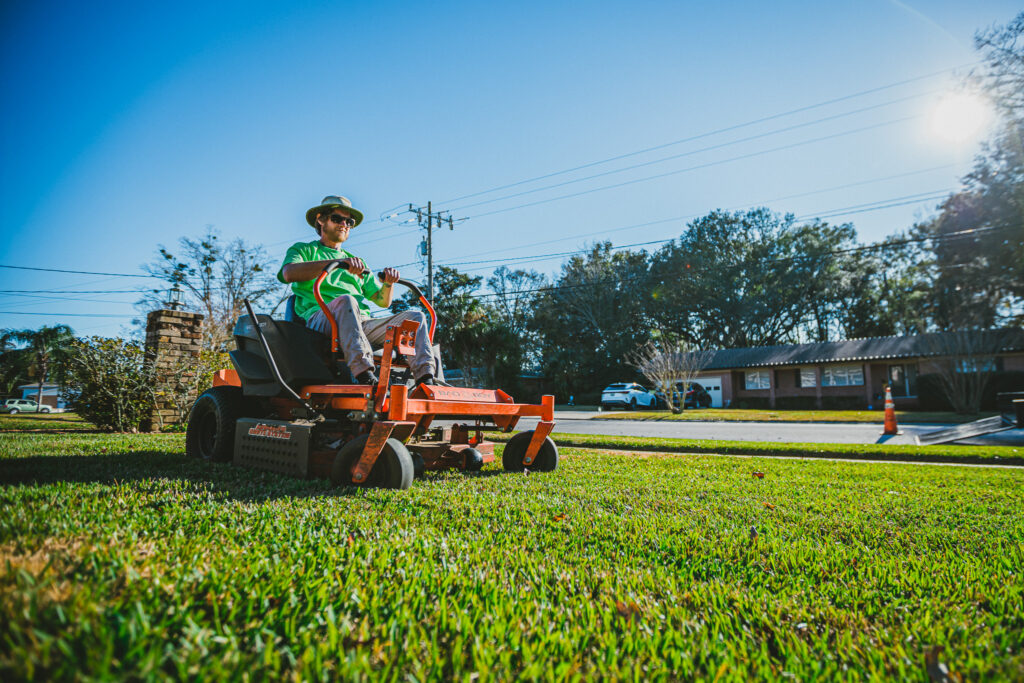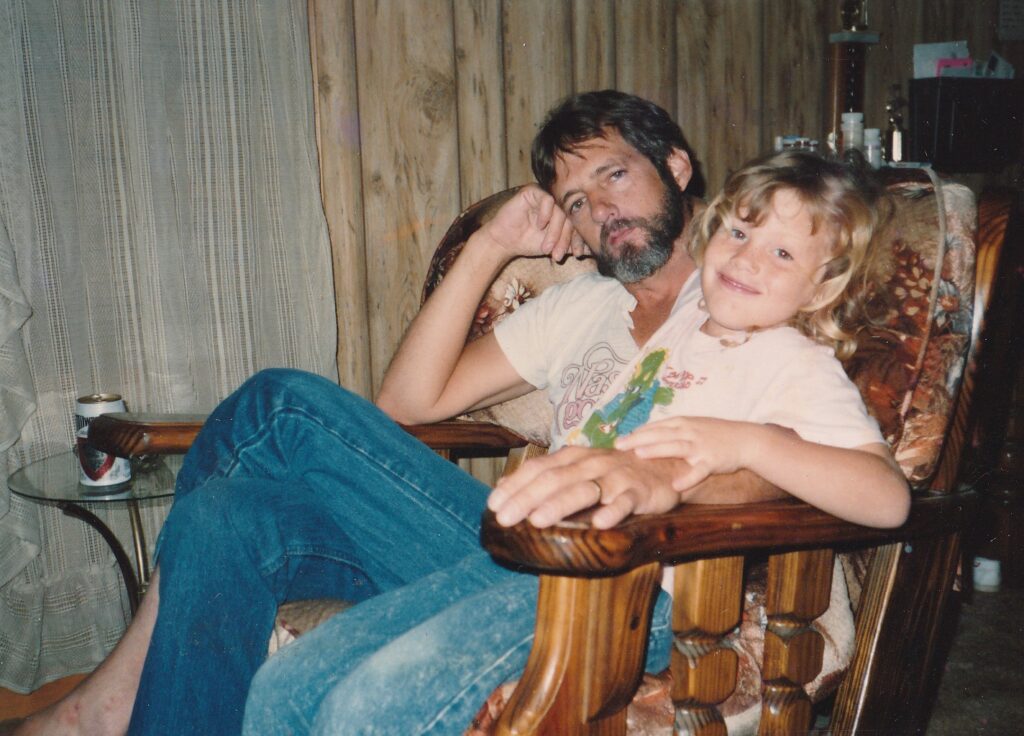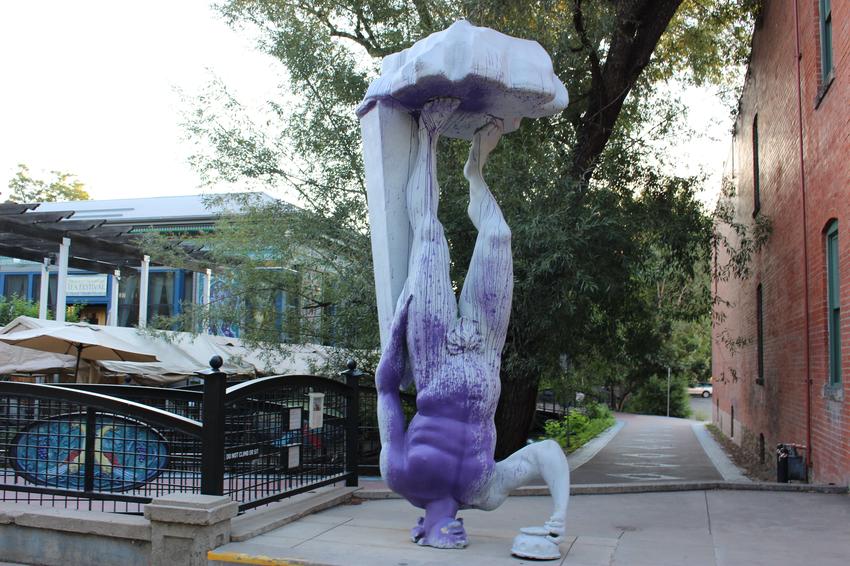
We are all artists painting our own lives.
While facilitating a Texas faculty resilience workshop a few years ago, I presented the following R.D. Laing quote to the audience:
The range of what we think and do
Is limited by what we fail to notice
And because we fail to notice
That we fail to notice
There is little we can do
To change
Until we notice
How failing to notice
Shapes our thoughts and deeds.
The group reflected for a few minutes and then shared their thoughts about what the words meant to them. One audience member shared the following:
Three concepts came to my mind: blind spots, blinders, and blinking.
We just chose not to see, or we are just incapable of seeing what is right in front of us.
We work around the edges, on purpose, or … we don’t know what to look for…
And then what I have experienced with my students, as well as faculty, is the speed of change.
If you blink it’s gone! …With such a rapid avalanche of information, it is really hard to notice anything ….”
Author and psychologist Dan Gilbert conducted a study that found people tend to have an “ease for remembering and a difficulty for imagining” that they are “works in progress [but] mistakenly believe they are finished.” (See his TED talk of 2014.)
Failing to notice. Blind spots, blinders, and blinking. Difficulty imagining.
We need to remind ourselves that our path forward is not necessarily the same path we have taken before or the one the latest book of the month suggests we follow.
No, our way has to be discovered and lived our way. We get to create the path. We must take the steps.
Poet Antonio Machado poignantly observed, “Travelers, there is no path, paths are made by walking.”
Mentors and coaches can help us sort things out. They can help provide or sharpen needed tools for the road. You and I, though, will need to take the steps and use the tools—or invent or re-purpose our own implements to help us move forward. The trainer in the gym can point out the equipment and show us proper form but we have to do the work. We have to take these steps.
Again, from Machado,
Mankind owns four things
That are no good at sea:
Rudder, anchor, oars,
And the fear of going down.
What is your dream? What is inside you? What have you been failing to notice? What one thing can you do this week—no matter how small—that will help you create your path?
[Previously published on The Growth and Resilience Network® blog, July 5, 2015.]
- About the Author
- Latest Posts
I invested 33-fulfilling years of my life as a classroom teacher. Starting with 7th-grade students and ending with college students. Along the way, I have written thirteen (published) books, written and recorded two music CDs, have written an upbeat blog since May of 2010, produced a monthly podcast channel (for five years), and created original videos for my YouTube channel (for more than a decade). I have had the pleasure and honor to deliver keynote talks and workshop facilitations in every region of the United States. I recently completed the manuscript for my first novel and am currently seeking representation for that work.
One of my community service activities sees me working with the Baptist Medical Center Beaches Pet Therapy Program. This worthwhile service brings smiles and comfort to staff, patients, and family members.
Why do I do what I do? Conversation (true dialogue) has become a lost art. Collective monologues have taken center stage. Authentic questions about the person in front of us have given way to either diatribes or inarticulate silence. I believe to build community we must have meaningful, at times difficult, and yet respectful conversations about people, places, and purpose. Before we can do that, we must see the person in front of us.

